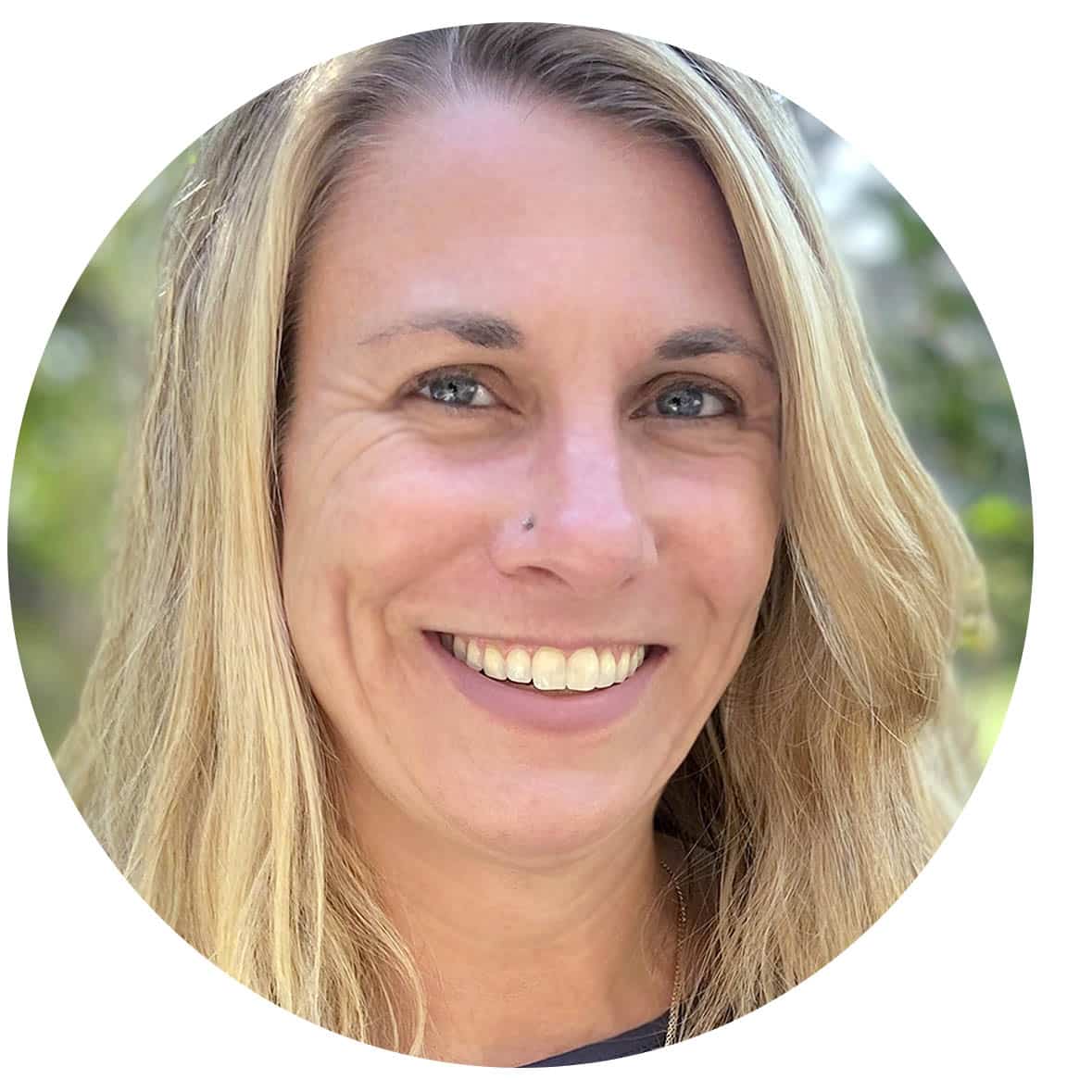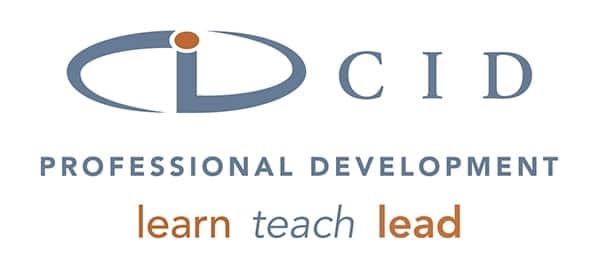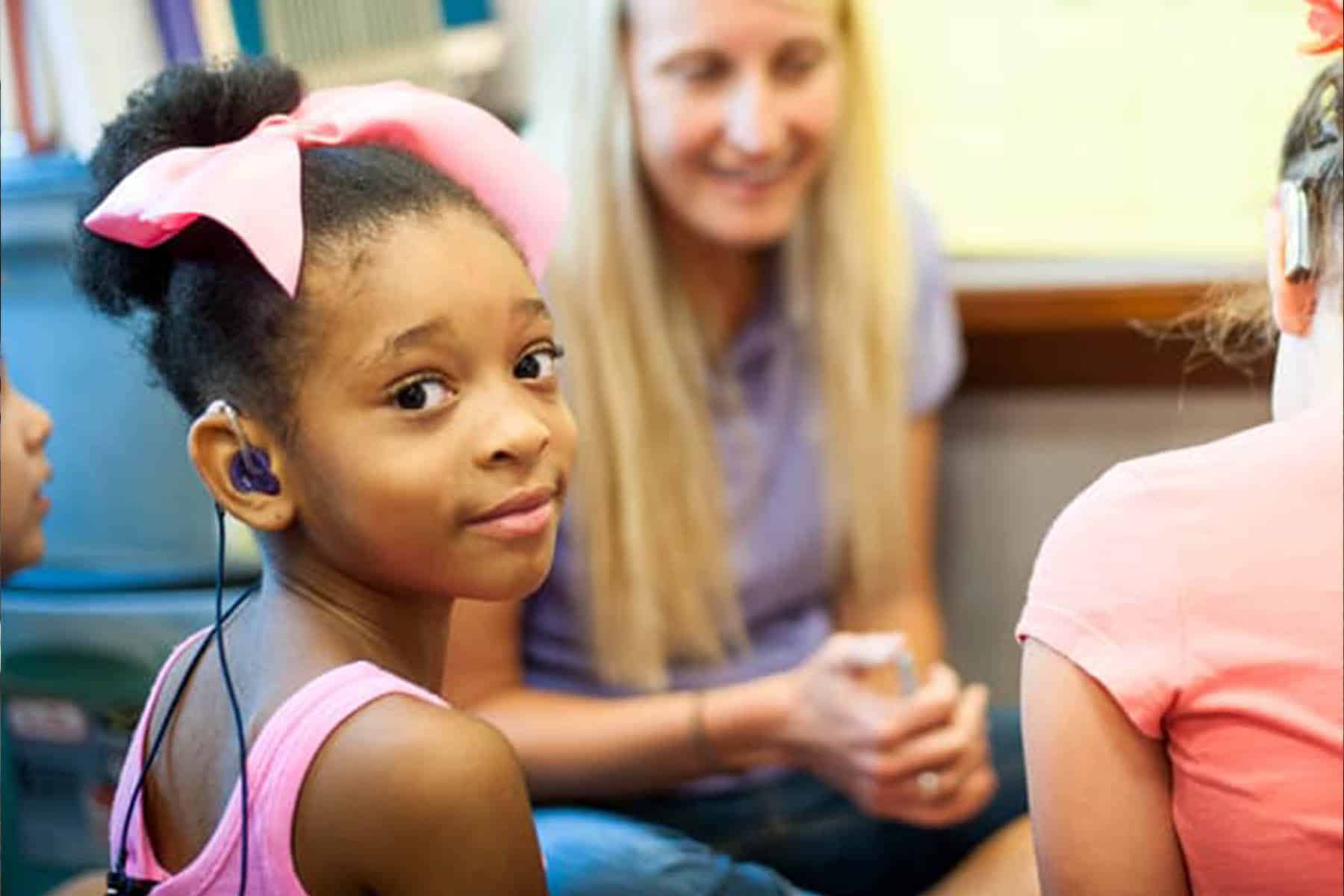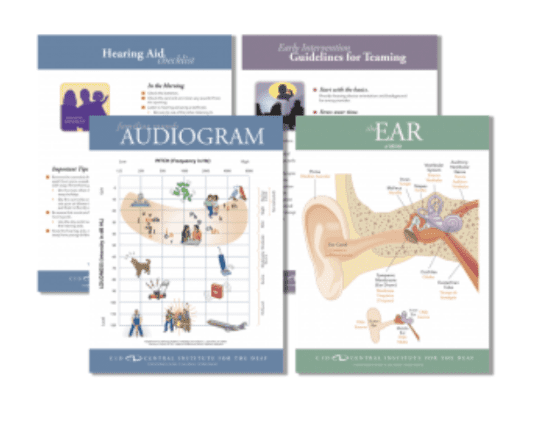There are a variety of questions that a speech-language pathologist asks when determining articulation goals for students, such as: What sounds is the child missing? Of these sounds, which are developmentally appropriate? Which sounds are most impacting his intelligibility, and is he stimulable for any of these sounds?
When a speech-language pathologist begins working with a student with hearing loss, however, new and different factors must be considered. Along with still thinking about the considerations mentioned above, speech-language pathologists should also keep the following in mind:
1. Audition: Often the speech errors of a student who is deaf or hard of hearing are a result of perception, not production, meaning he is omitting or inaccurately producing sounds because he is not hearing them at all or is not hearing them clearly. Check the student’s audiogram to ensure that the sounds being targeted are audible to the student when he is wearing his device(s). Also, consider consulting with the student’s audiologist to ensure his device(s) are optimally programmed.
2. Vocabulary level: Make sure that the words containing the student’s target sound(s) are familiar and meaningful to the student. For example, for a student at the beginning stages of using language, words such as “down” and “done” would be better choices than “dice” and “dig” when working on /d/. Choose words that are meaningful, useful and able to be reinforced throughout the student’s day.
3. Language level: It is also important to be familiar with the child’s overall language level. Is he communicating using primarily single words? Two to three-word phrases? Simple sentences? Knowing how the student is using language will determine the level at which he will be expected to produce the target sound when writing IEP goals (e.g., “John will produce /d/ in all positions of words with 80% accuracy.” vs. “Mary will produce /d/ in all positions of words within simple sentences with 80% accuracy.”).
By keeping these factors in mind, speech-language pathologists will be effective in determining articulation goals that are meaningful and attainable for their students.

Jessica Klein is a speech-language pathologist. In addition to working at CID, she has worked in a public school setting, serving elementary-age students. Ms. Klein has co-authored several workshops, presented at a variety of professional conferences and written an online course about developing literacy skills in students who are deaf and hard of hearing. Most recently, she co-authored the SPICE for Life Second Edition auditory training curriculum.












